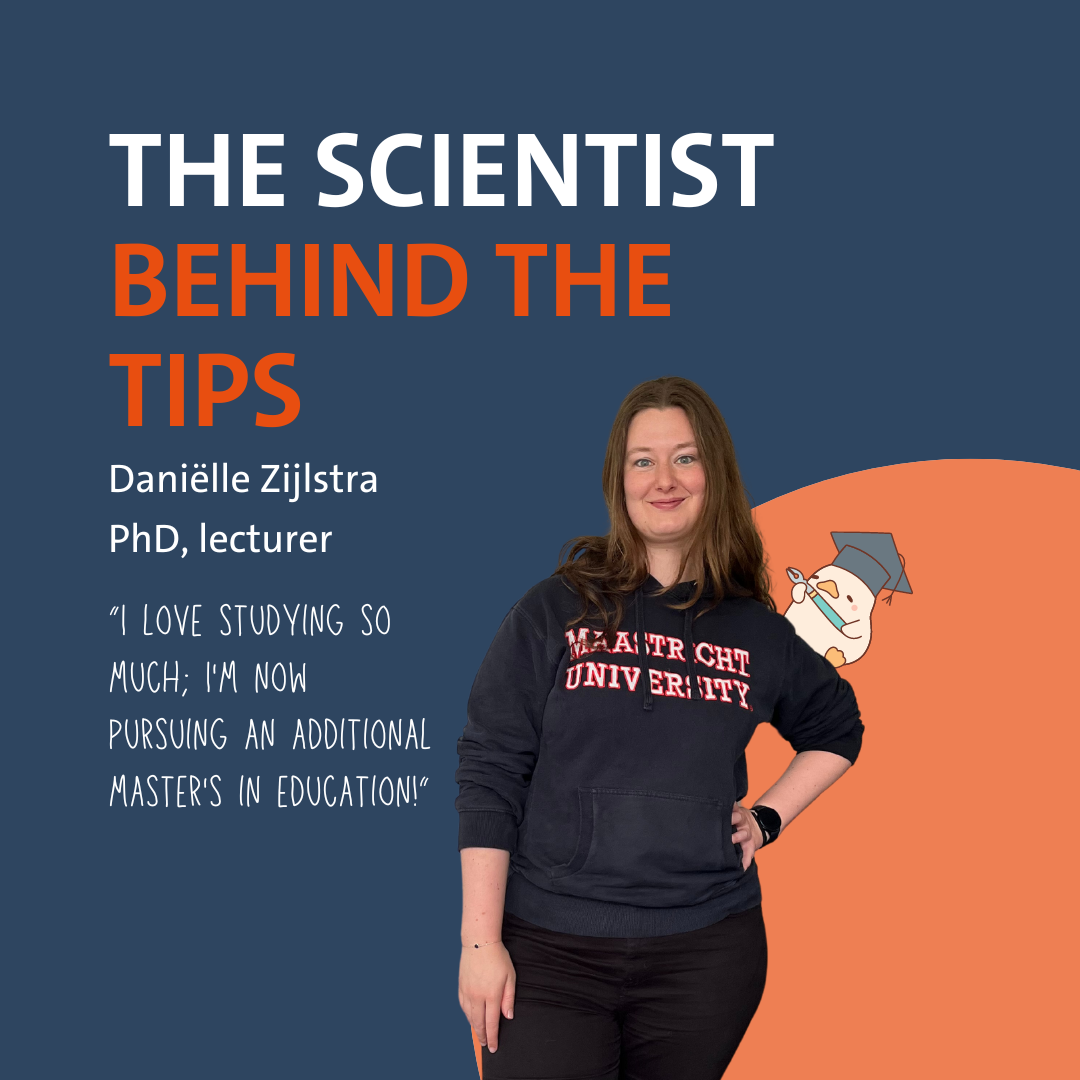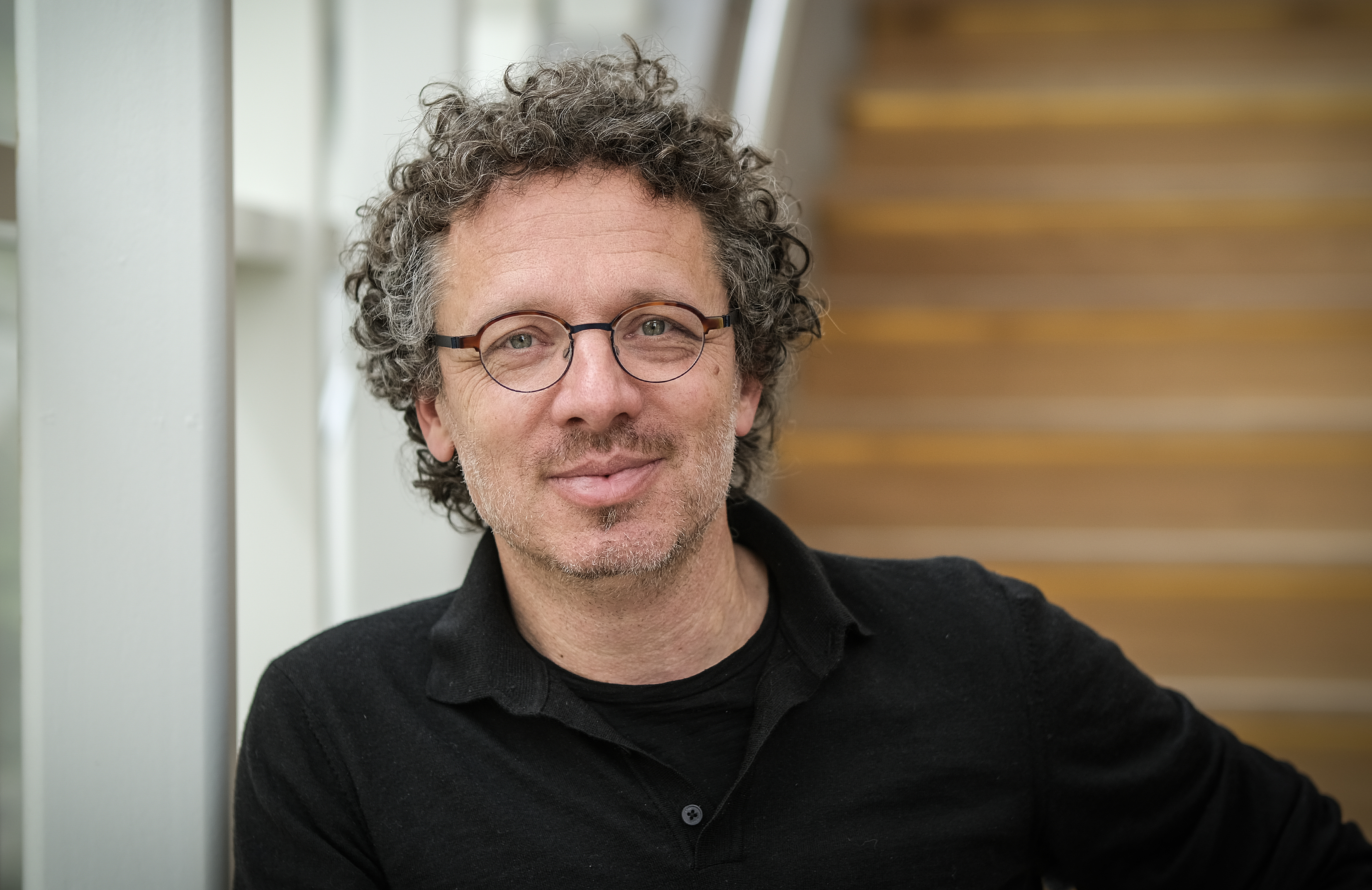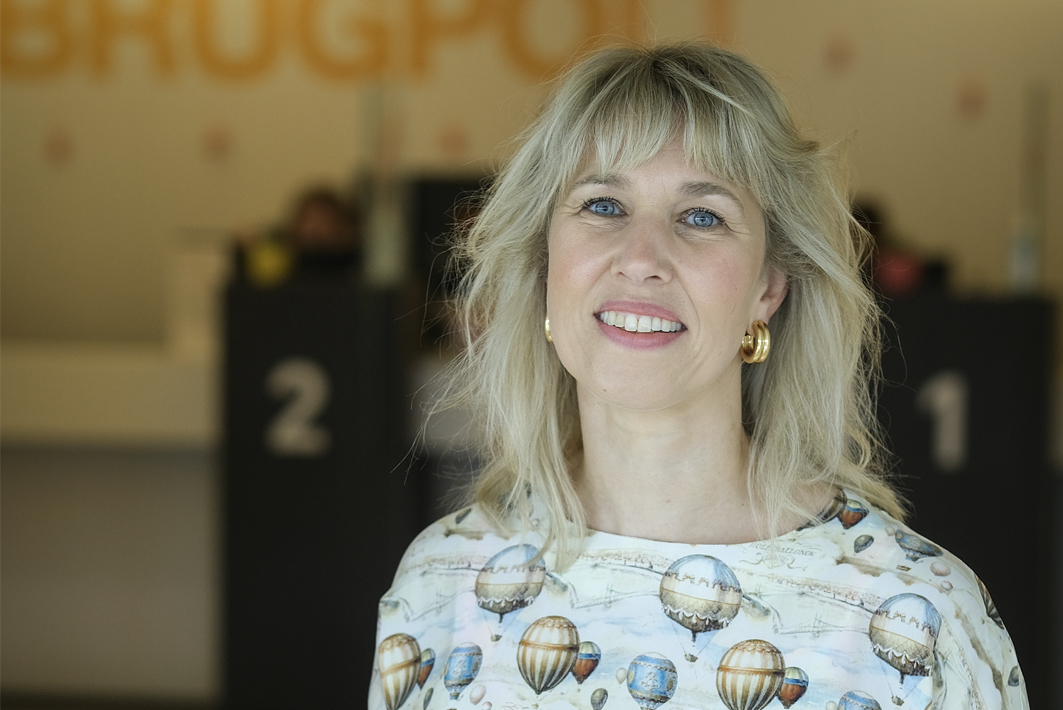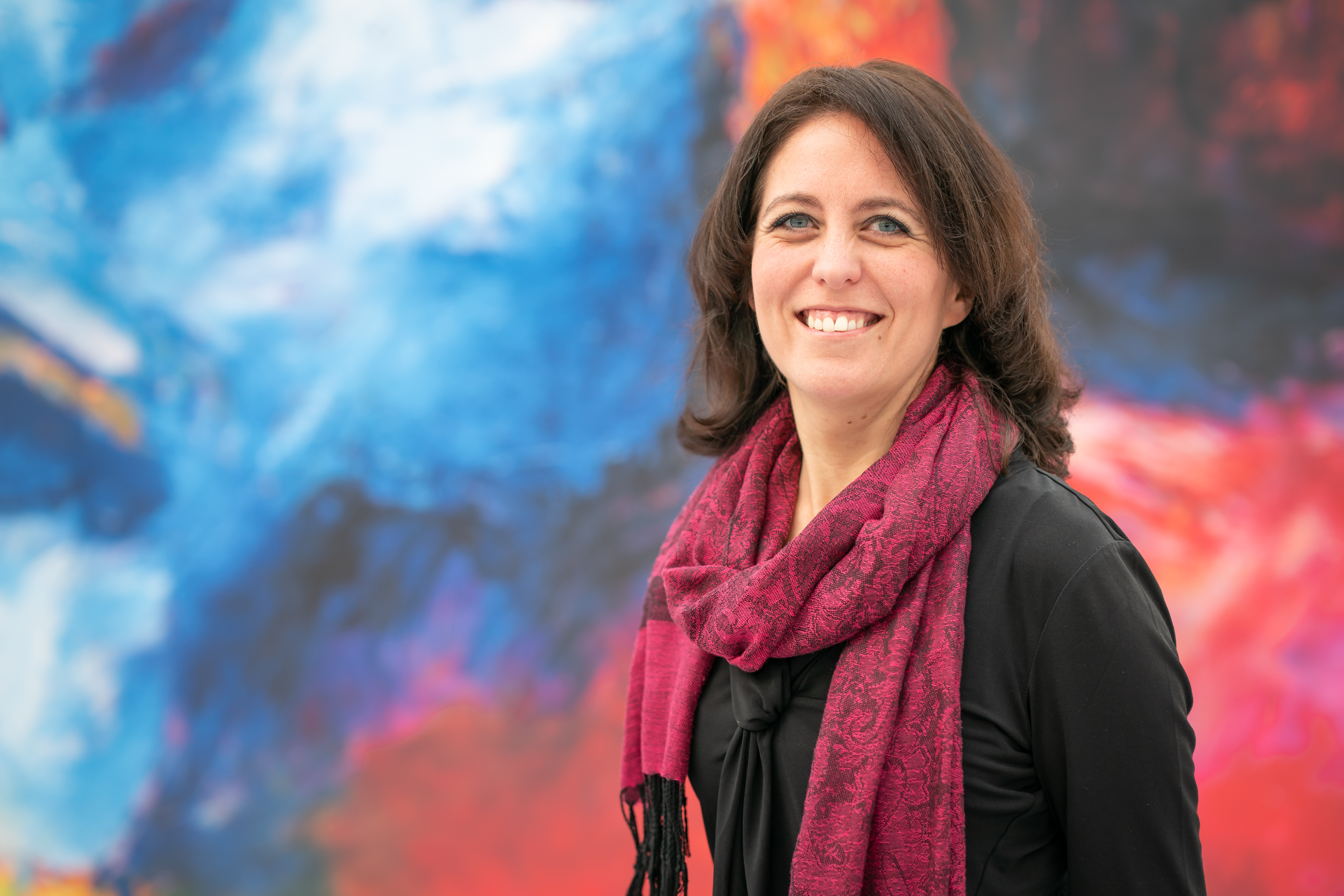News
-
In the upcoming months, we’ll share tips on Instagram for our students on how to live a healthier life. Not just a random collection, but tips based on actual research happening at our faculty. The brains behind this idea are Lieve Vonken and Gido Metz, PhD candidates at CAPHRI, the Care and Public...
-
Drawing blood, inserting an IV, or looking into the ear; even seemingly simple medical procedures can cause anxiety, pain, and stress in children. According to pediatric intensivist Piet Leroy, comfort and trust are just as important as the medical treatment itself. Therefore, he is researching how...
-
Mayke Oosterloo is a movement disorders neurologist at Maastricht UMC+ and a researcher at the MHeNs institute of Maastricht University. In the outpatient clinic and various nursing homes in Limburg, she guides and treats patients (and their loved ones) with Huntington's disease.
-
The competition is open to all students registered for a LLM programme in Maastricht who submits their thesis in the academic year 2023-2024.
-
Ageing well isn’t just about physique. It also means being aware of a healthy brain. To prevent dementia, Martin van Boxtel and his colleagues from ‘Alzheimer Centrum Limburg’ founded the Maastricht Ageing Study (MAAS) 30 years ago. MAAS kept track of 2043 people over 25 years in a longitudinal...
-
QueerCon Maastricht brings together an interdisciplinary, intergenerational, and international group of scholars on 1 and 2 July in order to advance LGBTQIA+ knowledge. It is also an artistic, musical and social celebration of Limburg’s queer community and culture.
-
Lauren will spend February-June 2025 in Amsterdam at NIAS among a group of international fellows who are working independently in a wide variety of disciplines, problems, and research perspectives.
-
The Positive Impact Rating 2024 results, which evaluate business schools on their social impact and sustainability efforts, have been released. The Maastricht University School of Business and Economics (SBE) moved up a level and is now considered a "transforming school".
-
Can urine be used to detect renal cell carcinoma? The current approach in the case of small renal masses is in most cases a precautionary partial or complete removal of the kidney, without knowing whether the mass is benign or malignant. Molecular epidemiologist Kim Smits is working at MUMC+ on a...









